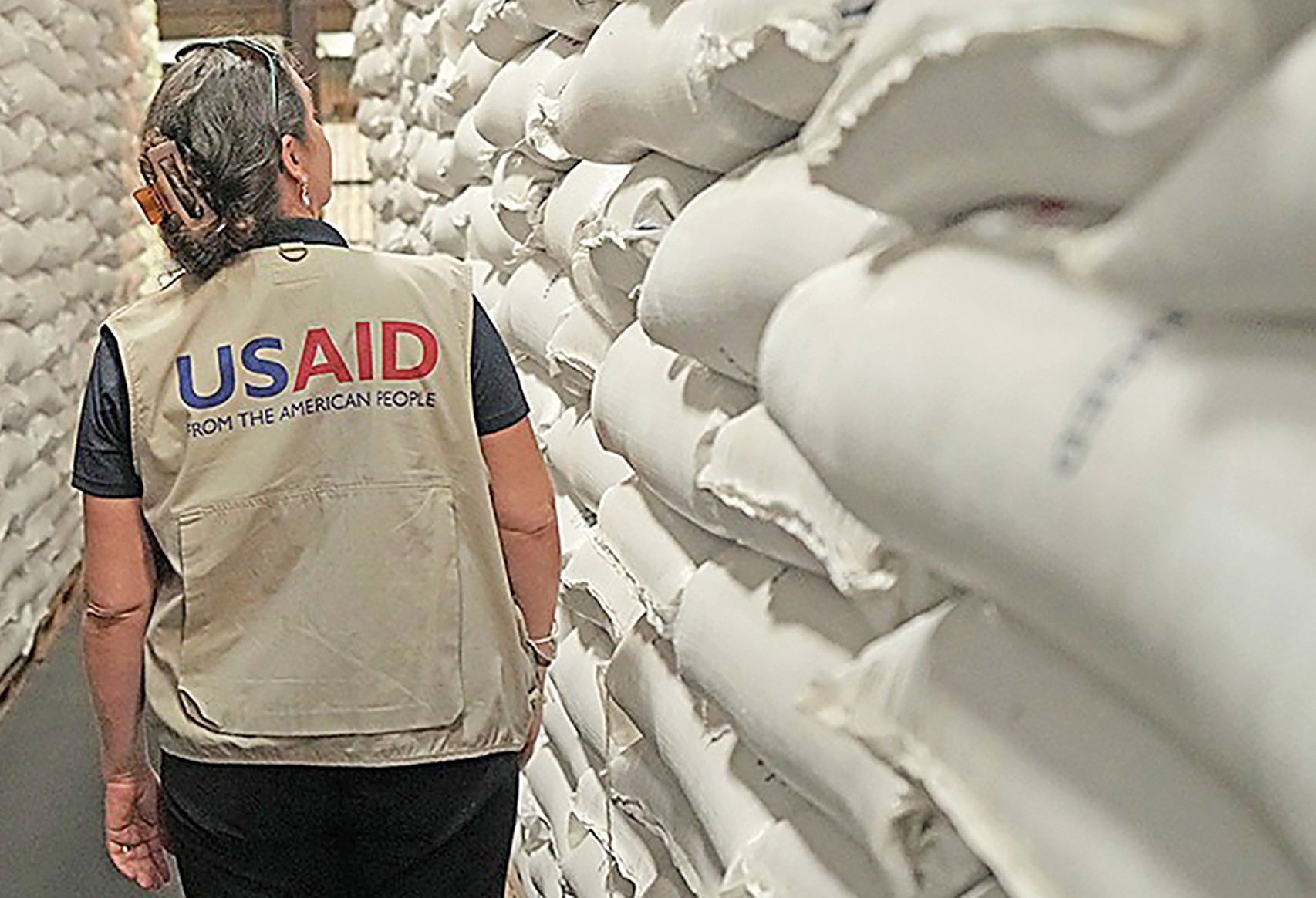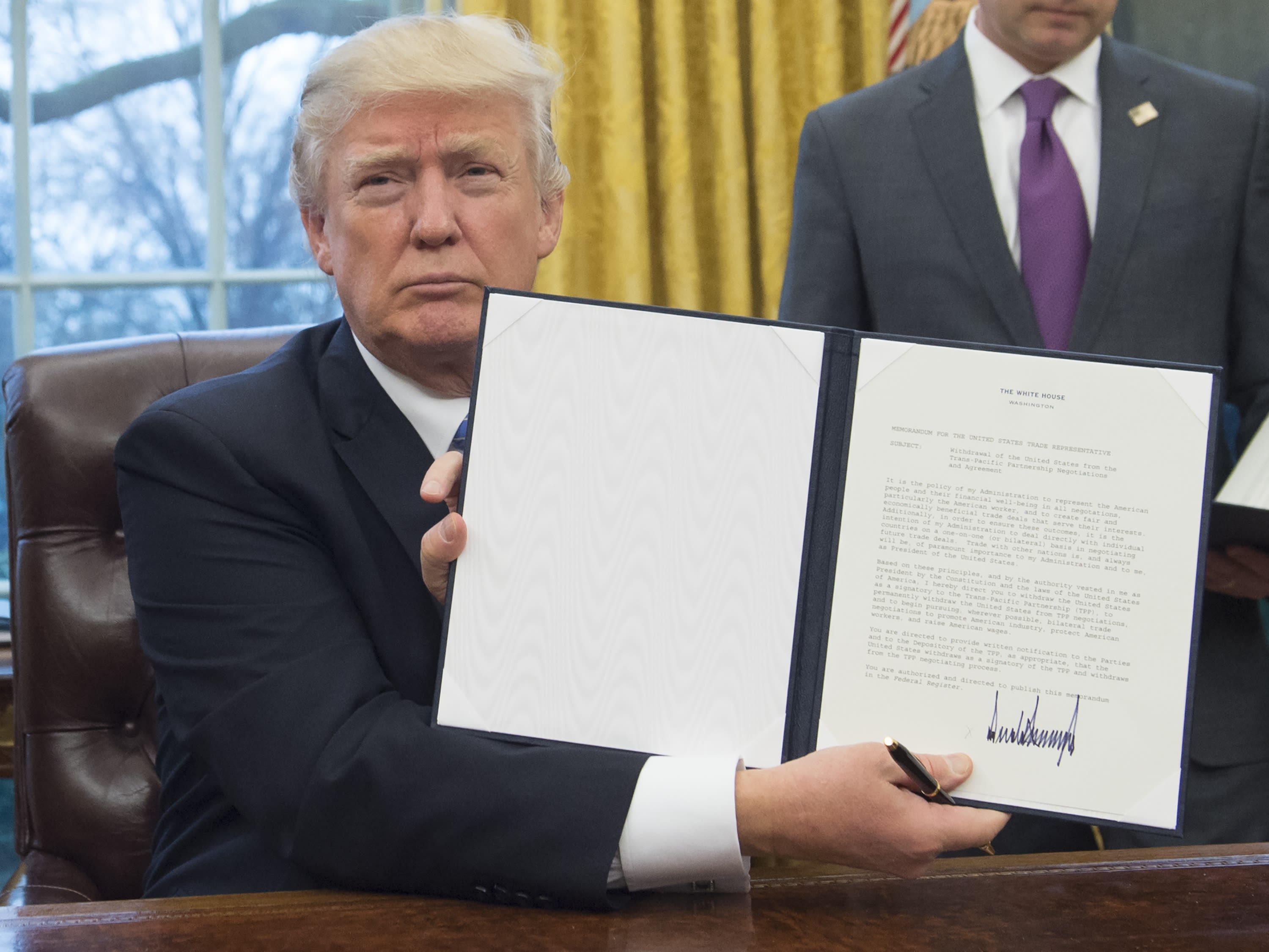Prime
UK envoy speaks out on global shift in foreign aid

British High Commissioner to Tanzania, Marianne Young, responds to a question during an interview hosted by The Citizen Managing Editor, Mpoki Thomson, in Dar es Salaam recently. Photo | Sunday George
What you need to know:
- British High Commissioner to Tanzania, Marianne Young, shares insights on the global shift in foreign aid and its implications for Tanzania.
Following the freezing of foreign aid under the Trump administration, British High Commissioner to Tanzania, Marianne Young, shares insights on the global shift in foreign aid and its implications for Tanzania. In an exclusive interview with The Citizen, hosted by Managing Editor Mpoki Thomson, she discusses the impact on Tanzania, international donor community, and UK’s development efforts. Read on:
QUESTION: Many developing nations are facing challenges due to reductions in foreign aid, particularly as the US cuts critical support for health and other development initiatives. How do you view these shifts on the global stage?
ANSWER: The UK acknowledges the decision of the new American administration to freeze US AID disbursements pending a review, recognizing that this is a matter for the US government. On our side, the UK remains firmly committed to sustaining our international development assistance and humanitarian aid as integral components of our partnership and support for global development. We believe that collaborative action among international partners is essential for advancing key development indicators, including the Sustainable Development Goals (SDGs).

British High Commissioner to Tanzania, Marianne Young, responds to a question during an interview hosted by The Citizen Managing Editor, Mpoki Thomson.
With reduced US aid, some developing countries may look to Europe to fill the gap. How is the UK positioned to respond to this shift?
The donor community in Tanzania is closely monitoring these changes to understand their implications and potential impact. On the UK side, we have significantly increased our Official Development Assistance (ODA) in the past year, rising from £17.6 million to £54.6 million for 2024–2025. In addition to donor support, we are also leveraging government-backed finance through British International Investment, which has been a key player in Tanzania for over 50 years. Currently, our portfolio stands at £100 million, and we aim to double this to £200 million in the next few years.
We are also focusing on leveraging private finance. This is a crucial area where the UK government is actively engaging with multilateral institutions to maximise broader financial support and address existing funding gaps.
How has the UK-Tanzania bilateral relation evolved beyond the core areas of cooperation such as education, health, energy, and climate change?
Our relationship has progressed beyond the traditional donor-recipient dynamic to a genuine partnership of equals, centred on a shared growth agenda. One area of particular pride is the new Mutual Prosperity Partnership launched last year, which aims to stimulate economic growth and strengthen trade links between our two countries. We have set ambitious targets, including increasing bilateral trade by £100 million and leveraging private sector and government-backed investments of up to £1 billion. We are already seeing positive outcomes, with at least £45 million in British International Investment and significant growth in trade figures.

The Citizen Managing Editor, Mpoki Thomson, poses a question to the British High Commissioner to Tanzania, Marianne Young, during an interview.
How is the UK High Commission engaging with the Tanzanian government to address UK business interests, particularly regarding investment regulations, tax policies, and other key concerns?
The UK holds the second-largest stock of Foreign Direct Investment in Tanzania, with interests spanning various sectors, including energy, infrastructure, and food and beverages. Our active British business group engages regularly with the government, addressing issues that are often shared by other investors entering the Tanzanian market. Key concerns include transparency and predictability, particularly regarding tax demands and investigations. We are pleased that the government was receptive to these concerns and facilitated discussions that led to the establishment of the tax commission, which has now commenced its investigations. We look forward to the release of the commission's report.
Are you satisfied with the time it takes the government to address some of these issues?
Using the example of tax, the government was quick to acknowledge our concerns and requested specific examples, which we promptly provided along with supporting facts and figures. In response, the government swiftly convened commissioners to examine the issues. We are now optimistic that the recommendations will be presented soon and that effective action will follow promptly.
Some argue that dependency on foreign aid and the misuse of funds continue to hinder Africa’s progress. What is your perspective on this issue?
Addressing aid dependence is crucial, especially in light of recent developments. Our focus has shifted towards supporting Tanzania's growth agenda and exploring ways to reduce this dependency by fostering inclusive growth through strategic partnerships.
While aid plays a role, sustainable economic progress relies on stimulating private sector engagement, which is the true engine of the economy. Our efforts are geared toward creating an environment that encourages private investment and drives long-term growth.
Has a timeline been set for Tanzania to attain economic independence?
The timeline for development is guided by Tanzania’s Vision 2050. The UK government is committed to supporting this vision by providing strategic assistance and resources to help achieve these long-term goals.
How optimistic are you that Tanzania will attain economic autonomy in our lifetime?
I am a firm believer in optimism, and I consider myself a true African optimist. Tanzania has robust macroeconomic growth policies, but the key challenge is ensuring that this growth is inclusive.
Despite the progress, issues like the high poverty rate remain significant challenges. That’s why we are focused on investing in human capital and supporting Tanzania’s journey toward sustainable and inclusive growth.

Tanzania recently hosted the Africa Energy Summit, where billions were pledged to accelerate sustainable power access for 300 million Africans by 2030. How is the UK contributing to this ambitious goal?
At the event, we were honoured to have Rachel Kyte, the UK’s Special Representative for Climate Change, lead the UK delegation. She announced a significant increase in UK support for climate and energy goals.
We pledged £8.5 million to the African Development Bank’s Sustainable Energy Fund for Africa, supporting the ambitious goal of providing sustainable energy access to an additional 300 million Africans.
We are actively investing in climate change mitigation and supporting the transition to clean energy. We have launched an £8 million fund dedicated to clean energy transition and clean cooking solutions. Additionally, we have invested over £4 million to enhance energy access in Tanzania.
Our approach involves collaborating with young Tanzanian entrepreneurs and startups that are pioneering innovative energy technologies. By providing them with seed funding, we aim to foster creativity and scalable solutions.
In the clean cooking sector, we are committing £3.5 million to accelerate the shift from carbon-based fuels to cleaner energy sources, primarily electricity. Our vision is to expand this investment to £30 million in the coming years.
President Samia was recently recognized for her efforts in improving healthcare services. However, given concerns over shrinking global health funding, how can the UK and Tanzania collaborate more effectively on global health security and pandemic preparedness?
We are a key partner in health and education in Tanzania. Our £15 million Health Resilience Program aims to strengthen health systems and enhance preparedness to detect and respond to disease outbreaks.
Additionally, we have a £10 million initiative focused on improving primary health care provision. £25 million to the Pandemic Fund – UK global contribution to support countries including Tanzania to improve health security and pandemic preparedness.
Political tensions in Tanzania often escalate around election periods. As an international observer, what are your thoughts on the upcoming polls?
Both international partners and Tanzanians are eager to see an election process that is free, and fair, and allows the population to choose a government that serves its people.
The international community is encouraged by President Samia’s renewed commitment to her 4Rs agenda—Reconciliation, Reform, Resilience, and Rebuilding—which lays a strong foundation for a transparent and democratic electoral process.
Tell us about your relationship with Tanzania’s opposition parties considering that there has been a leadership change in Chadema.
A vibrant opposition is essential for a healthy democracy. As part of my role, I have engaged with a broad spectrum of political voices in Tanzania. I have met with leaders from Chadema, including Tundu Lissu, and have also engaged with Dorothy Semu from ACT Wazalendo. It is important to engage with all parties to gain a comprehensive understanding of the political landscape.
A dynamic opposition is a sign of a mature democracy, as it plays a crucial role in holding the government accountable. I am hopeful that constructive discussions on reforms will continue, both on the mainland and within the Government of National Unity in Zanzibar.





